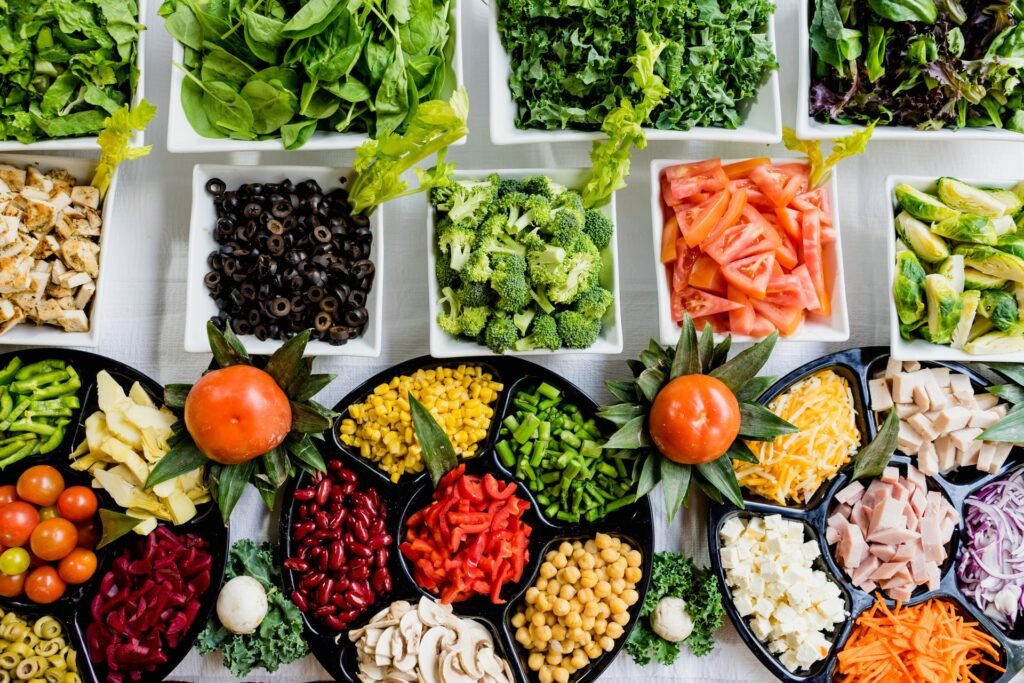Did you know, that the gut bacteria that resides mostly in our colon, is a lot more important
than doctors thought many years ago? In addition to making up approximately one-third of the solid material of our stool, gut bacteria play a crucial role in maintaining the health of the mucosal lining of the intestines. The food we consume affects the integrity and
function of our gut bacteria and therefore the proper function of all organs and tissues of
the body.
Did you know 70% of our immune cells reside in our gut and 90% of serotonin, our
contentment hormone, comes from the gut? When the bacteria are healthy and fully
functional, they feed off the food we eat and reward us with “post-biotics”. Post-biotics
are short-chain fatty acids that keep the inner lining of our intestines healthy and intact.
They (scfa) also leave the gut to make other organs healthier, for example, the brain,
heart, and blood vessels. The gut bacteria are the chief components of our microbiome.
A healthy microbiome helps to balance our hormones and fat metabolism. When it is
unhealthy, a host of medical problems can emerge, locally and in distant tissues. Some
of these include inflammatory bowel diseases (Crohns and ulcerative colitis), irritable
bowel disease, bacterial overgrowth, cardiovascular diseases, Alzheimer’s and other
forms of dementia, colon cancer, fatty liver disease, diabetes type 2, polycystic ovarian
syndrome, and some autoimmune diseases.
Our gut bacteria have one favorite food, and many potential enemies. Its favorite food is
fiber, a plant-based derivative. There are two types of fiber, soluble and insoluble. Both
types are found in many edible plants and work together to help feed the gut, remove
excess fat, sugar, and hormones, and nourish our gut bacteria. Our gut rewards us with
making the scfa I mentioned above. Another result of eating enough fiber is the
reduction of inflammation and insulin resistance.
Meat, meat products, milk, most dairy products, and egg do not contain fiber. They often
do contain saturated fat and cholesterol that can harm our gut bacteria. These products
are often consumed with potentially harmful chemical compounds used in the
processing of food. Highly processed meat, sugar and fat can change the makeup of
our gut microbiome and cause obesity, heart disease dementia and a host of chronic
diseases.
Here are seven ways to preserve and enhance the health of your microbiome.
- Try to reduce and eventually eliminate processed meats (bacon, lunch meat,
ham, sausage and hot dogs). - Limit other meat of all types to just a small side, if you’re determined not to give
it up. - Eat several servings of plants every day, that are minimally processed.
- Include beans of your choice and / or whole grains in your meals.
- Include edible mushrooms, nuts, and seeds (as long as you’re not allergic to
them). - Try to eat 2 or more servings of cruciferous veggies, raw and not over cooked,
every day. See some examples of cruciferous veggies below. - Avoid soda, fried food, fast food, junk food, and highly sugared food the best
you can.
Remember, if you give up meat, egg, and dairy products, it is important to take vitamin
B12 supplements. Consider requesting your serum B12 (and Vitamin D level) when
getting routine blood work or check-ups, to assure they are in proper range.

Eating a diverse array (“eat the rainbow”) of plants can add quality years on to your life
and increase your mental capacity and productivity. If you choose to make moderate
changes, expect moderate results (moderate stroke, moderate heart attack, moderate
risk of cancer…).
As Dr. Joel Fuhrman says, “nutritional excellence is what we should all strive for.
Nobody’s perfect but living each day to better ourselves, one meal at a time may serve
us and our families well”
You can watch a video in which it is explained that How to Start Eating Plant-Based Foods
List of some cruciferous vegetables:
Arugula, Bok choy, Broccoli, Brussels sprouts, Cabbage, Cauliflower, Collard greens,
Horseradish, Kale, Mustard greens, Radishes, Red cabbage, Rutabaga, Turnip greens,
Turnips and Watercress




